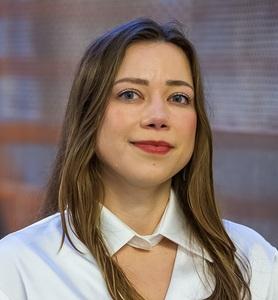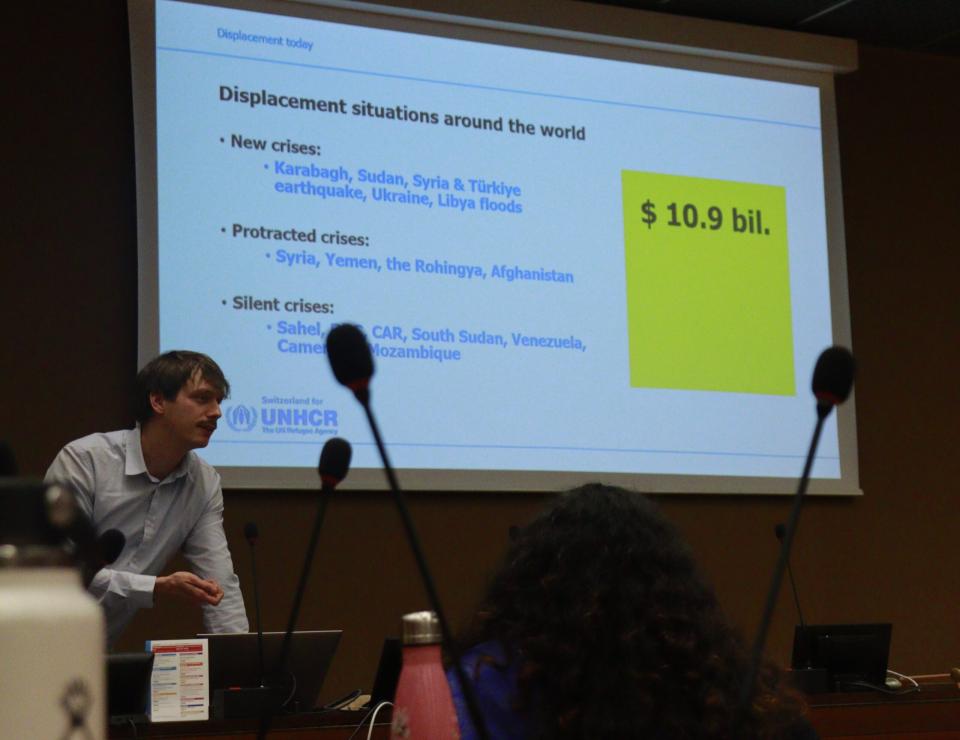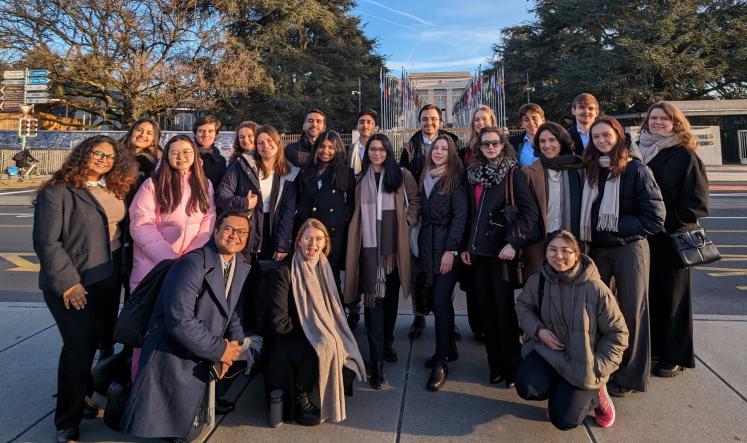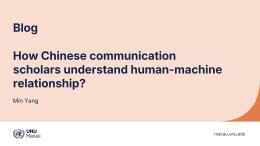
On 13-15 February 2024, a group of fellow students and I had the unique opportunity to visit Geneva – a city that is not only home to multiple United Nations entities, but also boasts the world’s highest density of international organizations, think tanks, and NGOs per capita.
Organised by DEMOS (the student association of our Public Policy and Human Development master’s programme) and the UN Student Association Maastricht, the carefully curated agenda included a series of inspiring and thought-provoking lectures from representatives of UNHCR, the World Health Organization (WHO), the United Nations Economic Commission for Europe (UNECE), the World Meteorological Organization, and the United Nations Institute for Training and Research (UNITAR).
Pascale Allotey (Director, Department of Sexual and Reproductive Health and Research, WHO) shared some of the latest research findings and related policy issues regarding female sexual and reproductive rights. Her office provides support to millions of women, guiding them through all the stages of womanhood, advocating for planned motherhood, and educating them on the detrimental consequences of female genital mutilation.

With Claudio Meza (Economic Affairs Officer, UNECE), we learnt about PIERS, an online Infrastructure Evaluation and Rating System platform that can assist governments and investors in lowering assessment costs and optimizing their projects. He also briefed us about the regional UN offices' challenges in their development work.

Matthias Junge (Communications Officer, Switzerland for UNHCR) gave an eye-opening lecture on the state of refugees and internally displaced people worldwide, shedding some light on the conditions and motivations of millions of people, including Ukrainians, who have been forced to leave their homes. He also noted that in the last decade, the number of people fleeing violent conflicts and wars has increased dramatically. On average, these people spend over ten years in exile. Undoubtedly, this puts immense pressure on humanitarian aid capacities, as well as creating a sense of rivalry between the suffering nations as they find themselves fighting for global attention and shrinking funds.
"Careers are not linear," Dante Licona (Founder, Licona Consulting) stated in his lecture on mastering networking and social media, and I could not agree more. Seeking growth, new knowledge, and – most importantly – meaning, I have tried different roles and fields, and I am still determining my path. The only thing I am confident about is that my journey will be guided by my desire to make a positive impact, curiosity, and a quest for new challenges with a taste of adventure.
Lauren Stuart (Scientific Officer, World Meteorological Organization) conveyed the latest updates on worldwide weather and climate patterns, as well as water resources. She also discussed implementing a global monitoring strategy and the challenges of introducing life-saving early warning systems in developing countries.
Julian Caletti (Associate Programme Officer, UNITAR) brought our intense visit to a close by offering guiding questions to help us find the ‘why’ that drives each of us through our individual career paths.
I am also grateful to the speakers from Global Community Engagement and Resilience Fund (GCERF), Nizar El Laz and Basile Ema Ebede, for sharing their experiences and personal stories with us.
Last but not least, many thanks to the UN Student Association Maastricht and DEMOS for organising this memorable trip!
Here is a video about the trip created by our MPP Student Ambassadors Kendra Larach and Lucas Boh.
Photos by Anna Cherevko and Mercure Félix Libbrecht Gourdet




